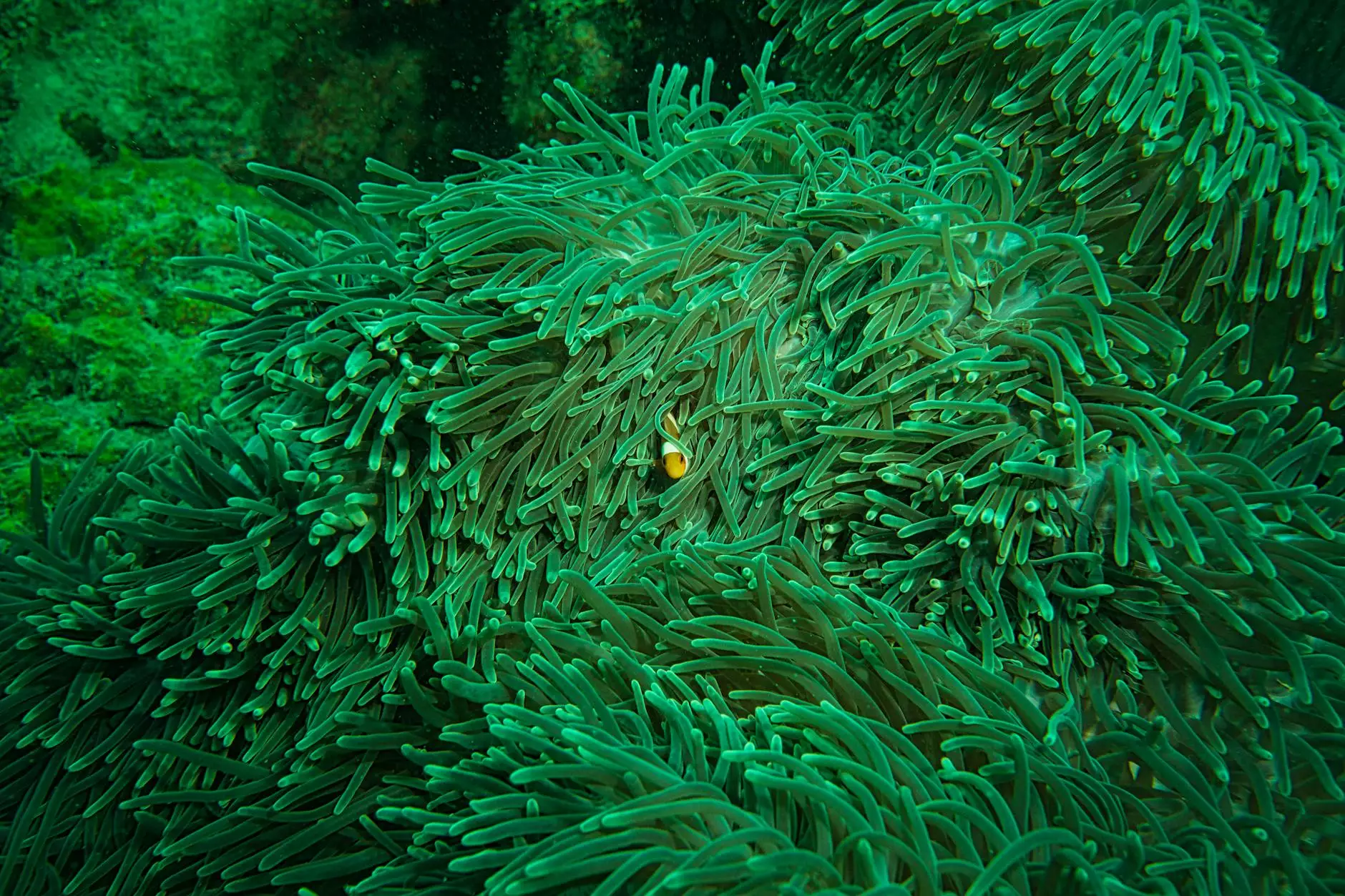Fish Surveys: Uncovering Insights into Fish Populations and Ecosystems

Welcome to the Fish Surveys page of Kimografix's Wildlife Management Department. As leaders in the field of wildlife research and conservation, we are dedicated to understanding and protecting our natural resources. Through our extensive fish survey studies, we unveil valuable insights into the intricate dynamics of fish populations and their surrounding ecosystems.
Why Fish Surveys Matter
Fish surveys play a crucial role in monitoring and managing aquatic environments. By conducting these surveys, we gather data on fish abundance, species distribution, and environmental parameters, enabling us to assess the overall health and sustainability of fish populations. Understanding fish dynamics is essential for informed decision-making, conservation efforts, and maintaining the delicate balance of aquatic ecosystems.
The Kimografix Approach
At Kimografix, our team of experienced researchers employs cutting-edge techniques and methodologies to conduct comprehensive fish surveys. Our surveys encompass a range of habitats, from freshwater streams to coastal marine environments, ensuring a holistic understanding of fish populations across diverse ecosystems.
Fish Survey Techniques
We utilize a variety of state-of-the-art techniques for fish surveys, including:
- Electrofishing: By generating an electric field in the water, we temporarily stun fish, allowing us to collect them for measurements and data analysis. This technique provides valuable insights into fish abundance and size distribution.
- Gill Netting: Employing a series of nets of varying mesh sizes, we capture fish in their natural habitat. This technique enables us to assess species composition and study population dynamics.
- Acoustic Telemetry: Using advanced tracking systems, we implant acoustic tags in fish, allowing us to monitor their movements, behavior, and migration patterns. This technology provides vital information on habitat usage and connectivity within aquatic ecosystems.
- Underwater Video Monitoring: Deploying underwater cameras, we capture visual data on fish behavior, feeding habits, and interactions with their environment. This non-invasive technique offers valuable insights into fish ecology.
Research Findings
Our fish surveys have yielded numerous significant findings, advancing our understanding of fish populations and their ecological role. Some of our key research findings include:
1. Impact of Climate Change on Fish Distribution
Through long-term monitoring studies, we have observed shifts in fish distribution patterns attributable to climate change. As temperatures rise, certain fish species migrate to cooler waters, influencing ecosystem dynamics and potentially displacing native species.
2. Effects of Habitat Fragmentation on Fish Migration
Our research has demonstrated the negative impacts of habitat fragmentation on fish migration. Fragmented habitats disrupt natural migration routes, impeding fish spawning and reducing overall population sizes. Understanding these effects allows us to advocate for habitat connectivity and conservation measures.
3. Ecological Importance of Keystone Fish Species
Through our studies, we have identified keystone fish species that play critical roles in maintaining ecosystem health. By preserving these keystone species, we can protect the biodiversity and stability of aquatic habitats, ensuring their resilience in the face of environmental threats.
Collaborative Efforts and Conservation Initiatives
At Kimografix, we recognize the importance of collaboration and stakeholder engagement in effective wildlife management. We actively collaborate with government agencies, nonprofit organizations, and local communities to promote sustainable fisheries, restore degraded habitats, and implement conservation initiatives based on our research findings.
Join us on our Fish Survey Expeditions
If you are passionate about fish and aquatic environments, we invite you to join us on our fish survey expeditions. By participating in these hands-on research experiences, you'll gain firsthand knowledge of fish survey techniques and contribute to the valuable work of preserving our natural resources.
Contact Us
To learn more about our fish surveys or to collaborate on a research project, please contact our Wildlife Management Department at [email protected]. We look forward to hearing from you.










